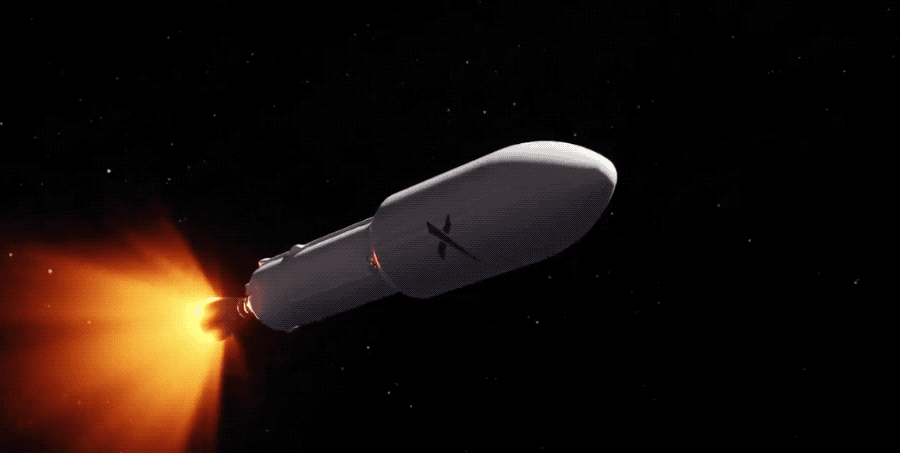SpaceX’s new rideshare program will ease satellite launching

In order to make satellite launching much easier and cheaper, Elon Musk’s SpaceX has taken the initiative to launch a new ‘rideshare’ program to help small satellite operators.
Space agency SpaceX launched its ‘SmallSat Rideshare Program’ on Monday that will enable smaller satellite operators to reach orbit by hitching a ride on the dedicated Falcon 9 rocket, enabling them to split the cost of their regularly scheduled satellite launches.
SpaceX is expanding its launch services to directly address the needs of small satellite operators through regularly scheduled, dedicated Falcon 9 rideshare missions ? https://t.co/jqQxEdt4xp pic.twitter.com/3gzOPxdVkW
— SpaceX (@SpaceX) August 5, 2019
At present, many smaller satellite operators reduce the cost of getting to space by hitching a ride aboard a rocket, which is already launching a primary payload into the orbit and primary payload operator already paying for majority of the launch fee. Because of this, the smaller firm is indebted to the larger firm’s timeline. If the primary payload operator decides to delay the launch, the smaller one would have to obey and delay their launch as well, as per Futurism.
NASA awards SpaceX contract for ‘groundbreaking astrophysics mission’ to black hole
In SpaceX’s rideshare program, the firm will pre-schedule launches, which will enable the smaller satellite operators to pre-book the spots on the rockets. Moreover, the rocket launch will still happen even if one or more of the firms back out, hence there will be no unexpected delays either.

Nonetheless, if one of the smaller satellite operators does have to delay their own launch for some reason, SpaceX will put 100% of what the firm already paid towards the cost of rebooking a spot. It says that anyone who is delayed ‘can apply 100% of monies paid towards the cost of rebooking on a subsequent mission’.
The cost of the launches will begin at $2.25 million for payloads of up to 150kg and $4.5 million for payload of up to 300kg, as compared to the minimum of $57 million a company usually pays to book a SpaceX rocket all for themselves, as per Tech Crunch.





















Comments
Comments are closed.